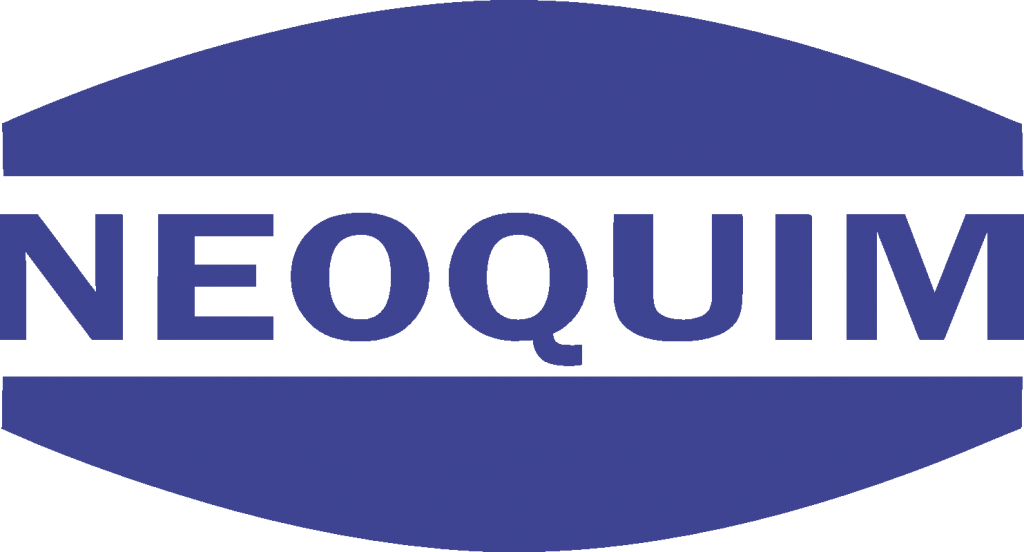With the introduction of digital payments came digital receipts, which are easier to tamper. One of the first popular blockchain applications was that it cut out the middle man when transferring money. For example, you can send money peer-to-peer (P2P) without having to go through a ebitda explained in simple terms credit card processor or bank.
- Bitwave offers customizable data integrations across 50+ blockchains, protocols, and exchanges.
- “TRES has helped us completely overhaul our back-office financial operations. They gave us peace of mind, even on days of major events for our company. They developed a custom, automated export system for our local ERP, enhancing our operational efficiency significantly.”
- It’s clear that technology is changing the way organizations do business across all functions and industries.
- This makes it easy for users to see an overview of their assets and transactions at a glance.
- “Not only did TRES cover every asset for our customer base, but they also have a super passionate and responsive team.”
- In addition, API synchronization can help businesses comply with various regulations, such as those related to tax and accounting, like filling accurate and complete reports to the IRS, for example.
More Resources on Small Business Accounting
Derek writes passionately about AI, cryptocurrency and blockchain, and the future of finance. He graduated from London University, Derek has a passion understanding interest rate swaps for English literature and lives in Hampshire with his wife and 2 children. With proper planning and implementation, companies will enjoy greater security, accuracy, transparency and efficiency when managing their finances using blockchain. By utilizing these features in combination with other strategies such as employee education and open communication between stakeholders, companies are more likely to have a successful implementation of their new accounting system built on blockchain technology. The added layer of encryption provided by blockchain makes sure that all transactions remain secure, while also providing an indisputable record of activity in terms of who initiated the transaction and when. This includes working with internal staff members and external consultants who have expertise in both accounting practices as well as blockchain solutions.
Ledgible Crypto Enterprise & Institutional Accounting takes the headache out of managing digital asset data. For example, transitioning from traditional paper-based accounts receivable/payable systems to an automated system using smart contracts on a distributed ledger platform might dramatically increase efficiency and lower administrative costs. For accounts receivable, it is important for businesses to have the ability to bulk invoice customer wallets and to accept crypto payments from customers in multiple token denominations. This can be done using a payment processing platform that supports multiple cryptocurrencies and allows businesses to easily generate invoices and receive payments. This helps businesses streamline their accounts receivable operations and improve their cash flow. The subject of cryptocurrency is complex, and its decentralized nature means there are a number of regulatory issues accountants will eventually have to deal with.
Digital Asset Accounting
Moreover, companies may face resistance from existing stakeholders who view this technology as untested or unfamiliar. To address these concerns, companies would benefit from providing education about how blockchain technology works and its potential applications within an organization’s operations. At its core, blockchain provides decentralized trust through distributed ledgers. This allows users to securely transfer value or assets without having to rely on a trusted third party such as a bank or government institution. Here, we discuss the 10 must-have features that every digital asset accounting and bookkeeping platform should have – and why Bitwave is the only solution that meets them, no matter where an organization falls on the digital asset maturity curve.
Paying current and noncurrent liabilities on the balance sheet 1 bitcoin for a business car has different tax implications than sending a friend 1 bitcoin for their birthday. Blockchain is an innovative technology that enables the secure storage and sharing of digital data. It can be used to facilitate transactions, provide trustless authentication services, create immutable records, and more. Blockchain represents a paradigm shift in how we store and interact with information. Blockchain technology reduces the possibility of disputes by fraudsters and scams.
Because of how trustworthy blockchain technology is, it’s having an impact on how auditing is done. Track, monitor and store all of your financial transactions for compliance overview. Meet ‘Big Four’ audit standards with our SOC1 and SOC2 data quality and create comprehensive audit-trails at the touch of a button. Ultimately, if done correctly, implementing a blockchain-based accounting system will offer more efficient processes and improved transactional accuracy for businesses worldwide. Organizations should also be aware of potential scalability issues since blockchains can become congested if too many users try to use them simultaneously.
Link your accounts
Blockchain in accounting will help accountancy firms and accounting professionals, particularly auditors, with business audits. Since a large part of audits is verifying the occurrence and accuracy of financial records, this would free up a lot of time for the accounting professional to focus on other things. Get totally reconciliation across all of your managed digital assets and drastically reduce the amount of time it takes you to close your Web3 books. It is also very likely that, in the next few years, more audits will be augmented by cognitive technologies, which confer many of the same benefits and may portend even greater potential than other technologies for the audit.
Deloitte COINIA and the future of audit
Supports complex structured businesses across domestic international subsidiaries to automate inter-company workflows. During an audit, an accounting professional can easily confirm that a transaction happened, but the transaction details aren’t recorded. Digital technology has long influenced accounting, but most digital technology has involved replacing analog tools with similar digital counterparts. However, blockchain, a relatively new technology, is poised to change how accounting is done on a more fundamental level. Here are some facts about the blockchain ecosystem and how it will influence accounting in 2021 and beyond. Workday provides unified finance, human resources and student/faculty lifecycle management cloud applications designed for the way people work in today’s organizations.

